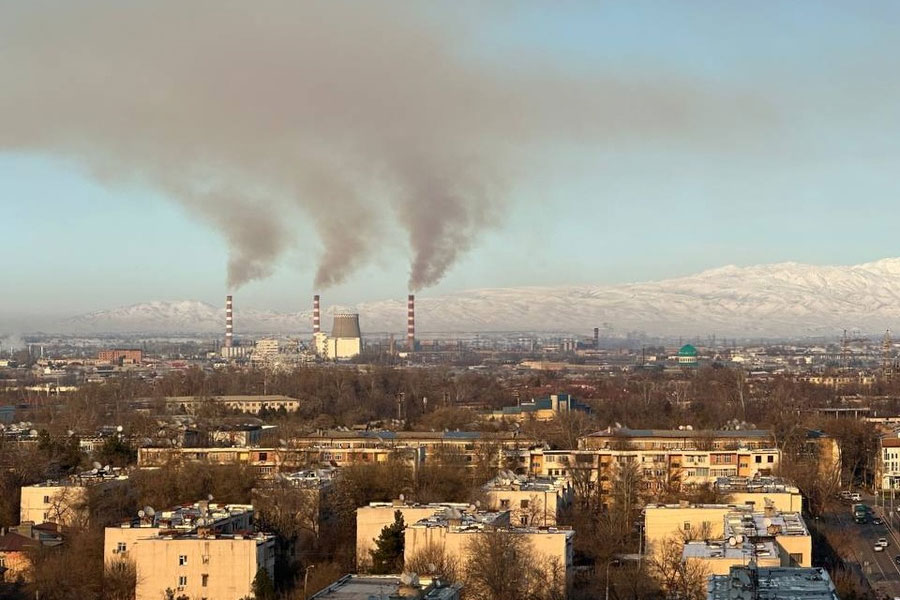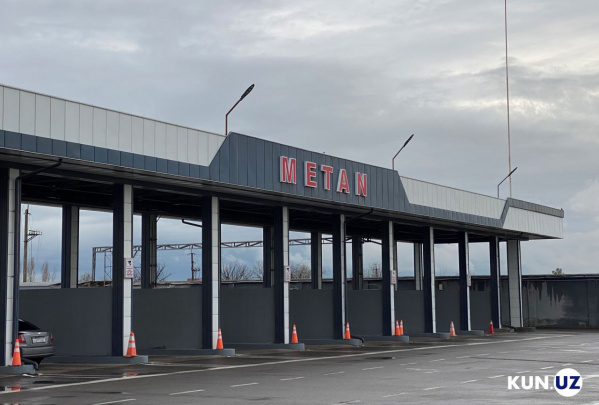Eco Party demands immediate response to Tashkent TPP's environmental impact
The Eco Party has called for immediate intervention at the Tashkent Thermal Power Plant (TPP) after findings pointed to the use of mazut fuel leading to air pollution, compounded by obsolete equipment at the station resulting in electricity and heat supply disruptions. An investigative workgroup is now urging the Ministry of Energy to implement definitive countermeasures.

On February 22, the operations of Tashkent TPP were studied by a working group comprising representatives from the Ecological Party, the Ministry of Ecology, Environmental Protection, and Climate Change, the Prosecutor General's Office, and deputies from the Legislative Chamber of the Oliy Majlis. The group's findings established the power station as a source of pollutants contributing to the degradation of air quality in the city of Tashkent.
It was revealed that Tashkent TPP has been using mazut to prevent outages in electricity and heat, raising concerns about environmental pollution due to obsolete equipment and a lack of technology to curtail harmful emissions into the atmosphere.
Drawing from their findings, the working group proposed the following recommendations:
- Implement automatic systems at the plant for sampling and analyzing emissions released into the atmosphere.
- Install filters on station pipes to reduce air-polluting substances.
- Set up stationary monitoring posts to determine the level of atmospheric air pollution.
- Carry out capital repairs on the primary purification pools for oil-contaminated waters at the station due to their obsolescence.
Officials have requested that the Ministry of Energy ensure the recommendations are incorporated into the operational processes of the Tashkent TPP Joint Stock Company.
Furthermore, a parliamentary inquiry has also been sent to the Prosecutor General's Office, the Ministry of Energy, the Ministry of Ecology, Environmental Protection and Climate Change, and the government, calling for substantiated explanations and presentation of their points of view on the matter. Additionally, the party emphasized ongoing public monitoring and raising awareness among the broader community.
It is noteworthy that during a parliamentary meeting on January 30, Ecology Minister Aziz Abduhakimov reported on air pollution, stating that coal and mazut contribute to 20 percent of PM2.5 particulate matter. On February 14, the Ministry of Energy refuted this, claiming that emissions from the station never exceed prescribed standards. Nonetheless, on February 21, Tashkent once again topped the list of cities with the most polluted air.
Related News

14:35 / 27.01.2026
Power consumption reaches new peak as winter demand rises in Uzbekistan

15:19 / 22.01.2026
Uzbekistan to ban use of cars older than 50 years from February 1

15:22 / 20.01.2026
Uzbekneftegaz to increase gasoline supplies on exchange amid methane station restrictions

12:36 / 20.01.2026




